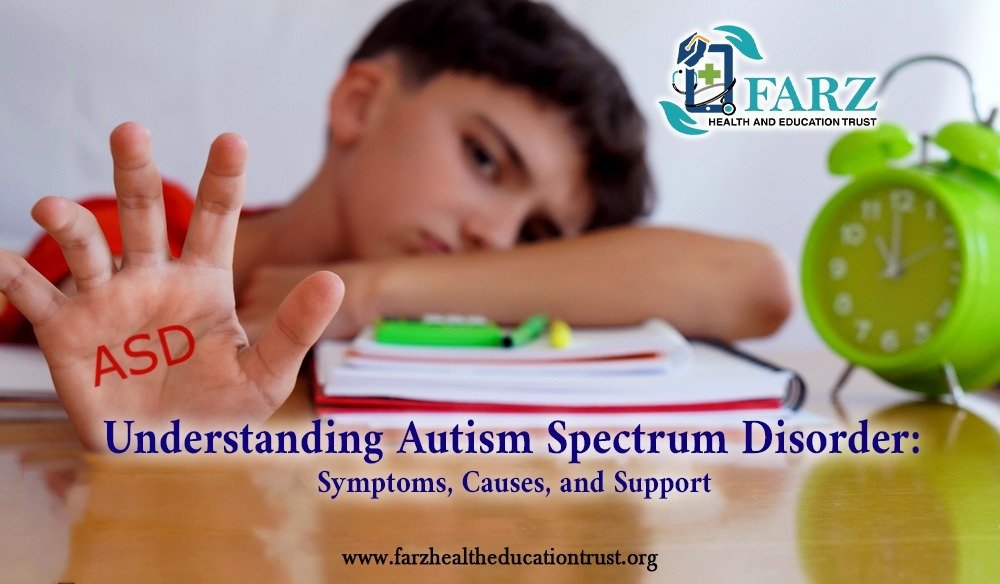
Introduction:
Autism Spectrum Disorder (ASD) is a complex neurodevelopmental condition that affects individuals in a wide range of ways. This spectrum encompasses diverse symptoms, skills, and levels of impairment, meaning each person’s experience with autism is unique. In this article, we’ll explore the signs, potential causes, and available support for individuals and their families.
What is Autism Spectrum Disorder?
ASD is characterized by challenges with social skills, communication, and repetitive behaviors. However, it’s crucial to note that autism isn’t a disease but rather a difference in how the brain processes information. People with ASD may have exceptional abilities, such as strong attention to detail, excellent memory, and intense focus on specific interests.
Symptoms of Autism:
ASD symptoms can differ greatly from person to person, but common signs include:
- Social Communication Challenges: Difficulty understanding facial expressions, body language, and making eye contact.
- Repetitive Behaviors: Engaging in actions like hand-flapping, rocking, or arranging objects in specific patterns.
- Sensory Sensitivities: Overreacting or being less sensitive to certain sounds, textures, or lights.
- Speech and Language Issues: Delayed speech development or challenges in initiating or sustaining conversations.
These symptoms often appear by the age of two or three, making early diagnosis and intervention crucial for positive outcomes.
Causes of Autism:
The exact causes of ASD are still under investigation, but a combination of genetic and environmental factors is believed to contribute:
- Genetics: ASD tends to run in families, suggesting a genetic influence. Specific gene mutations have been linked to autism.
- Environmental Factors: Factors like prenatal exposure to certain medications, maternal infections, or pregnancy complications may raise the risk.
- Neurological Differences: Brain studies show that individuals with autism process and organize information differently.
It’s important to note that vaccines do not cause autism. Extensive research has debunked this myth.
Supporting Individuals with Autism:
Support can significantly improve the quality of life for those with ASD. Some strategies and resources include:
- Early Intervention: Speech therapy, occupational therapy, and behavioral interventions like Applied Behavior Analysis (ABA) help develop key social and cognitive skills.
- Educational Support: Inclusive classrooms and Individualized Education Programs (IEPs) provide tailored teaching to meet the needs of students with ASD.
- Community and Family Support: Support groups and community organizations offer invaluable resources, guidance, and connection for families.
- Employment Opportunities: Many individuals with autism have skills that are valuable in the workforce. Job training and placement programs can help them find fulfilling careers.
Conclusion:
Understanding Autism Spectrum Disorder is essential for creating a more inclusive and supportive society. By recognizing the diverse experiences of those with autism and offering proper support, we can help them lead fulfilling lives. Whether you are a parent, educator, or simply interested in learning more, being informed about ASD is the first step in making a positive difference. With the right support, individuals with autism can thrive and reach their full potential.
